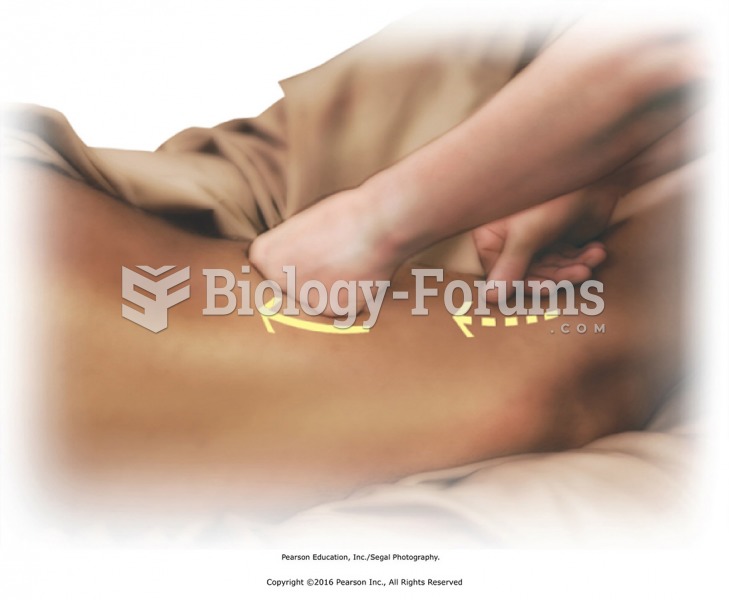|
|
|
The training of an anesthesiologist typically requires four years of college, 4 years of medical school, 1 year of internship, and 3 years of residency.
Barbituric acid, the base material of barbiturates, was first synthesized in 1863 by Adolph von Bayer. His company later went on to synthesize aspirin for the first time, and Bayer aspirin is still a popular brand today.
About one in five American adults and teenagers have had a genital herpes infection—and most of them don't know it. People with genital herpes have at least twice the risk of becoming infected with HIV if exposed to it than those people who do not have genital herpes.
There are more nerve cells in one human brain than there are stars in the Milky Way.
Approximately 70% of expectant mothers report experiencing some symptoms of morning sickness during the first trimester of pregnancy.
 In the summer of 1793, a yellow fever epidemic struck Philadelphia, killing nearly 4,000. Tens of th
In the summer of 1793, a yellow fever epidemic struck Philadelphia, killing nearly 4,000. Tens of th
 Apply effleurage to hamstring muscles with fists from just above the popliteal fossa to the superior ...
Apply effleurage to hamstring muscles with fists from just above the popliteal fossa to the superior ...





